A disturbing tooth in the mouth can be incredibly uncomfortable and concerning. There’s a popular saying that a person’s toothache is much more of a concern to one than a flood in a faraway town that destroyed billions of properties.
At Access Dental Clinic Preventive Dentistry Demonstration Centre (PDDC) Abeokuta, patients have brought several cases of disturbing teeth to us ranging from common issues to more severe conditions. So, grab a seat while we explain to you some common causes of disturbing teeth and the common dentistry treatment for them.
Tooth Decay: One of the most frequent causes of a disturbing tooth is tooth decay. Decay occurs when bacteria in the mouth produce acids that slowly eat away at the tooth’s enamel. As the decay progresses, it can cause pain, sensitivity, and a general feeling of discomfort. If left untreated, decay can lead to cavities, infection, and even tooth loss.
Treatment: The treatment for tooth decay depends on the severity of the condition. In the early stages, a dentist may recommend filling the cavity to restore the tooth. However, if the decay has progressed significantly, a root canal or extraction may be necessary.
Gum Disease: Another common cause of a disturbing tooth is gum disease. This condition occurs when the gums become infected due to the buildup of bacteria and plaque. As the infection progresses, it can cause redness, swelling, bleeding, and tenderness around the tooth. In severe cases, it can even lead to tooth loss.
Treatment: The treatment for gum disease varies depending on its stage. In the early stages, a deep cleaning procedure called scaling and root planing can remove the plaque and bacteria from the tooth’s surface and its root. More advanced cases may require surgical intervention, such as gum flap surgery or bone grafting.
Dental Abscess: A dental abscess is a severe infection that occurs within the tooth or the surrounding gums. It typically develops when tooth decay or gum disease is left untreated. The infection can cause excruciating pain, swelling, fever, and a bad taste in the mouth.
Treatment: Treating a dental abscess typically involves draining the pus and eliminating the infection. This is usually achieved through a root canal procedure, in which the dentist removes the infected pulp from the tooth and fills it with a rubber-like material. In some cases, extraction may be necessary if the tooth cannot be saved.
Tooth Impaction: Tooth impaction occurs when a tooth fails to emerge fully from the gum line. It commonly affects the wisdom teeth, but can also occur with other teeth. An impacted tooth can cause pain, swelling, and discomfort as it presses against neighbouring teeth and bone.
Treatment: Treatment for a tooth impaction usually involves a surgical procedure to remove the impacted tooth. The procedure is typically performed under anaesthesia to ensure patient comfort.
Bruxism: Bruxism is a condition characterized by excessive teeth grinding or clenching. It often occurs during sleep and can lead to tooth pain, sensitivity, and disturbing sensations. Over time, bruxism can wear down the tooth enamel and cause damage to the teeth and jaw.
Treatment: Treating bruxism may involve a combination of methods, including wearing a custom-made mouthguard or splint to protect the teeth, stress management techniques, and addressing any underlying dental or medical conditions that may contribute to the clenching or grinding.
In conclusion, If you are experiencing any discomfort or disturbing sensations in your teeth, and you have gone for treatment at several dental clinics but the feeling is still the same or yours just started, kindly visit Access Dental Clinic PDDC, at Ibara House Estate, Abeokuta, Ogun State Nigeria. We have the expertise to get you treated and make you smile again.



